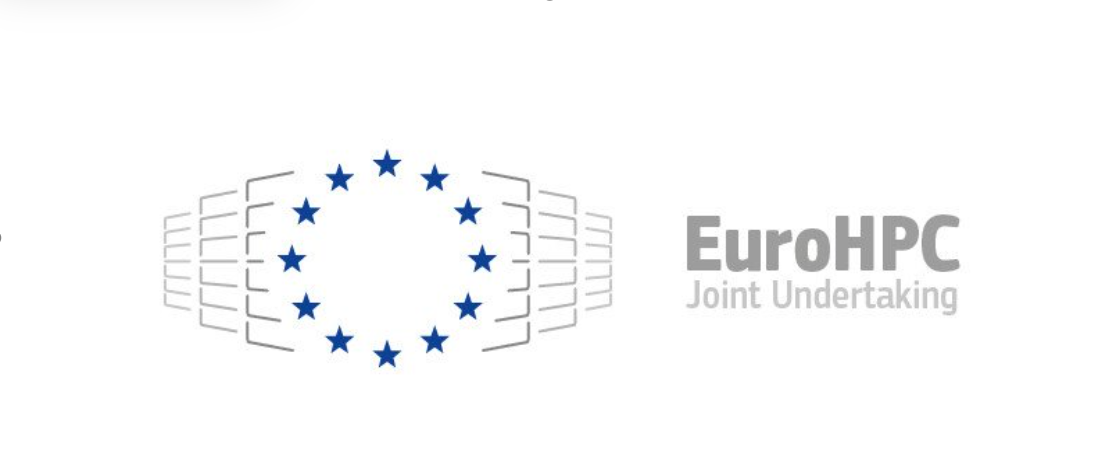The challenge of this case study is to demonstrate the use of such a tool, which requires the performance of an HPC system because of the scale of the simulations being addressed. Previously this tool
Challenge
IES, a Scottish SME, has developed the world's leading integrated building-performance modelling software system. Its virtual environment (VE) is a suite of building performance modelling tools that provides high-quality information for designing, building, and operating more sustainable buildings and communities. However, the challenge was to demonstrate the use of this tool for large-scale simulations, which required the performance of a supercomputing system due to the scale of the simulations being addressed. Previously, this tool had been used for small-scale simulations running on a workstation.
Solution
To address this challenge, IES developed a planning tool for cities that can be used at any stage of a city's life and can be applied to cities only beginning the journey towards a ‘smart' city or those that are well on their way towards sustainable advancement and integration with smart technologies. This tool relies heavily on the availability of HPC cloud-based simulation because of the very large amounts of data associated with multiple buildings and their interaction within the urban context.
Benefits
The benefits of using cloud-based HPC are clear. Simulations that previously took days or weeks on the workstation could be completed in a few hours or days using the cloud-based HPC system, with clear commercial benefits. Based on the successful experiment, IES is now offering an HPC-based service to its customers, which embodies a pay-as-you-go approach underpinned by HPC systems available from EPCC, the HPC centre of the University of Edinburgh. Compared to an in-house system, the cost of cloud-based HPC cycles is much lower, making it a more cost-effective option.


